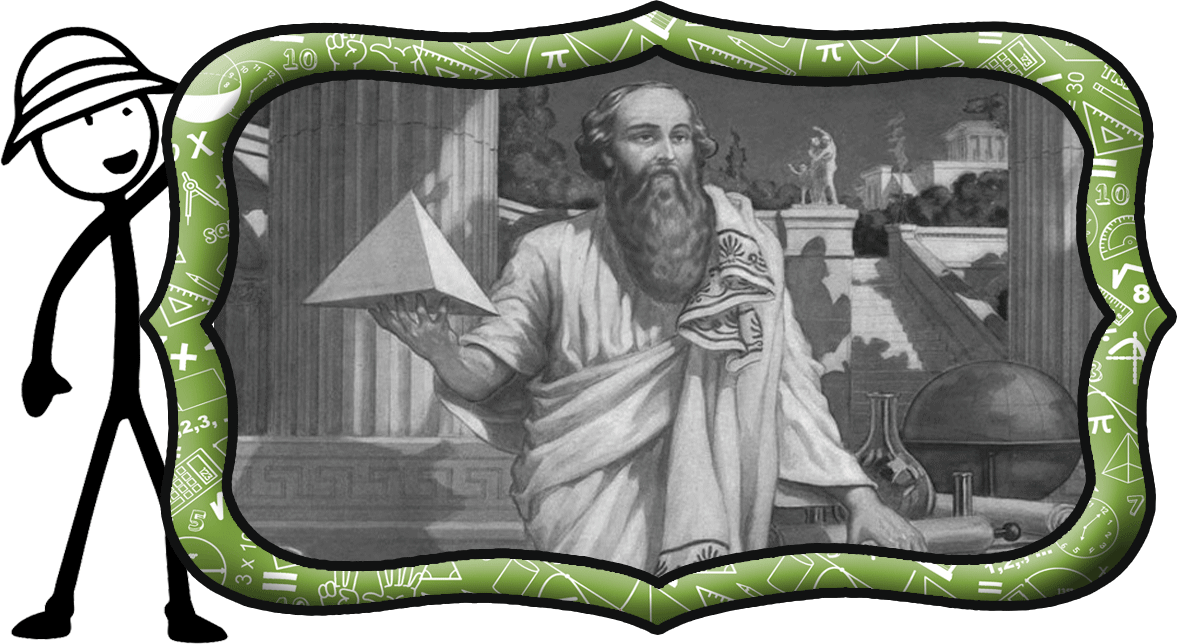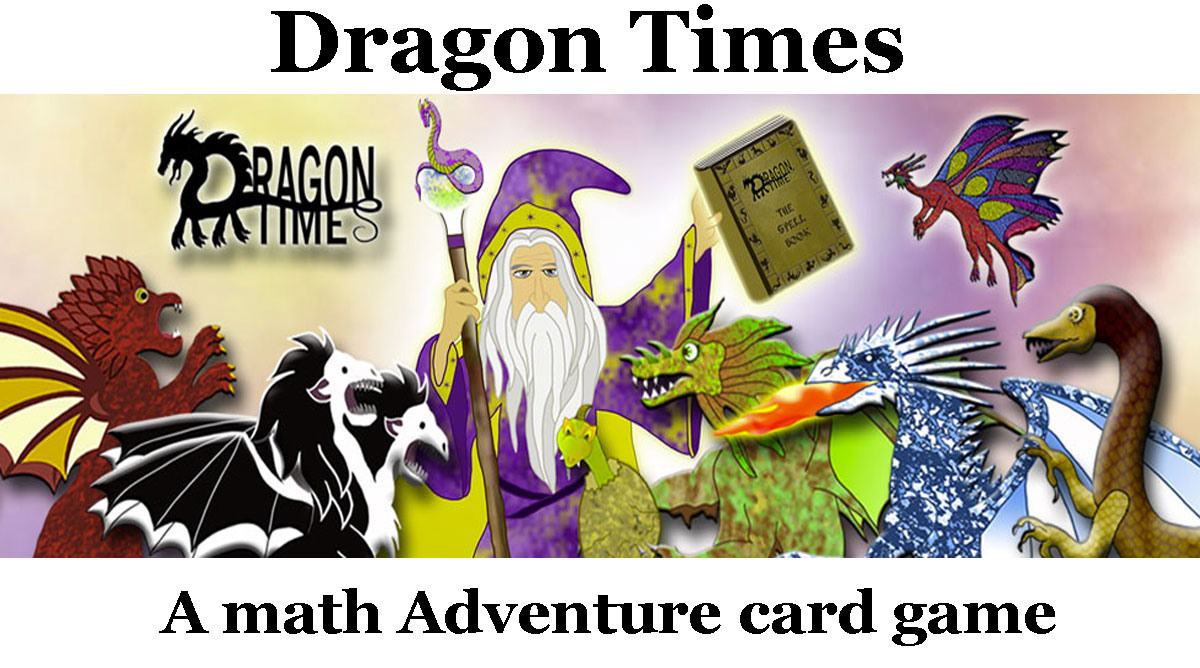Mathematics, often perceived as a male-dominated field, has been significantly shaped by the contributions of countless brilliant women. These trailblazers have overcome barriers and stereotypes, proving that gender does not define one’s ability in math. Highlighting their achievements is not just about recognizing their work; it’s also about inspiring the next generation of girls to pursue their passion in mathematics. Here are some remarkable women whose stories can encourage and motivate young girls to explore the fascinating world of math.
- Hypatia of Alexandria (c. 360-415 AD): Hypatia, often regarded as the first female mathematician, was a renowned teacher and philosopher in ancient Alexandria. She made significant contributions to the study of mathematics and astronomy and was known for her wisdom and teaching ability. Her legacy is a testament to the lasting impact of a woman in a field dominated by men in her time.

- Emmy Noether (1882-1935): Emmy Noether’s work in abstract algebra and theoretical physics is legendary. Her Noether’s Theorem is a fundamental piece in understanding the conservation laws in physics. Despite facing discrimination for being a woman, she persisted and is now celebrated as one of the most important mathematicians of her time.

- Maryam Mirzakhani (1977-2017): Maryam Mirzakhani was an Iranian mathematician and a professor at Stanford University. In 2014, she became the first woman and the first Iranian to be honored with the Fields Medal, the most prestigious award in mathematics. Her work on the geometry of Riemann surfaces made significant contributions to the understanding of their moduli spaces.
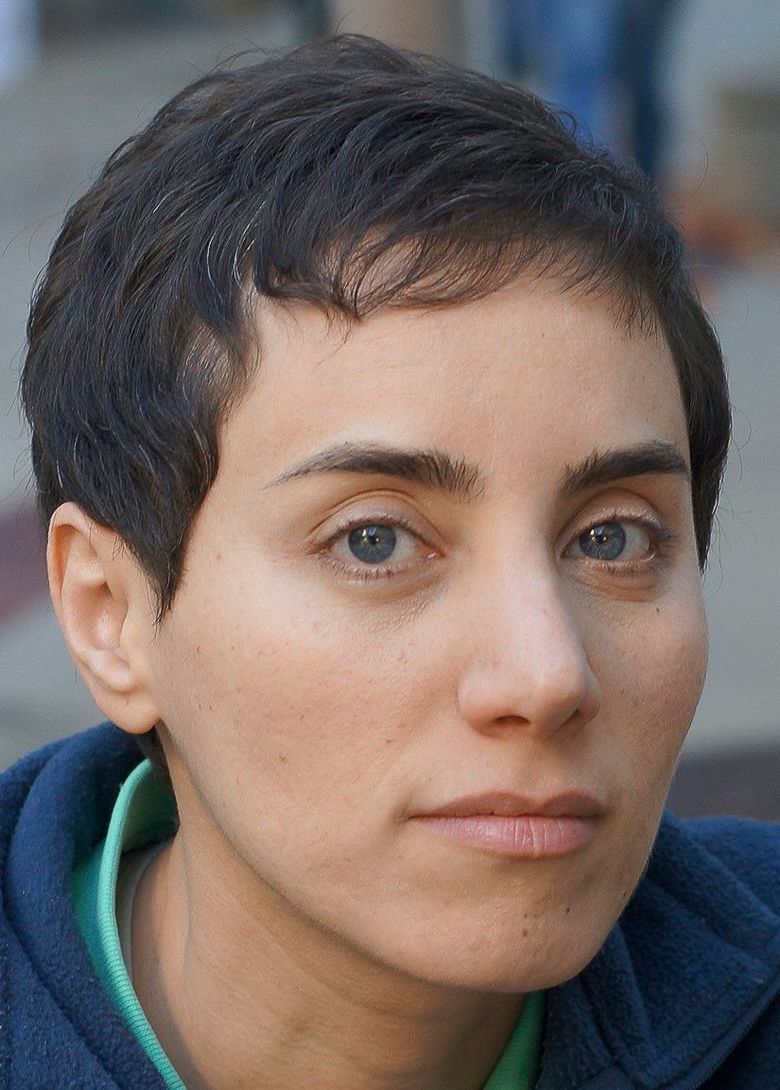
- Katherine Johnson (1918-2020): A pivotal figure in American space history, Katherine Johnson was an African-American mathematician whose calculations were crucial for the success of the U.S. spaceflights. She worked at NASA for over three decades, playing a key role in missions such as the Apollo moon landing. Her story is a powerful example of breaking racial and gender barriers.
- Sofia Kovalevskaya (1850-1891): Sofia Kovalevskaya was the first woman to receive a doctorate in mathematics in Europe. She made significant contributions to analysis, partial differential equations, and mechanics. Despite the societal challenges of her time, she pursued her passion for mathematics and became a respected academic in the field.
- Grace Hopper (1906-1992): Rear Admiral Grace Murray Hopper, a pioneer in computer science, significantly contributed to the development of the first computer languages. Hopper was instrumental in developing COBOL, one of the first high-level programming languages. Her work laid the foundation for modern software development and data processing.
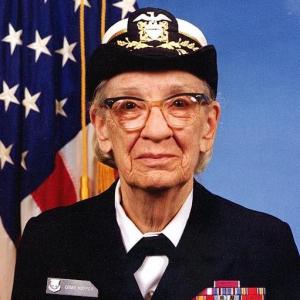
- Ada Lovelace (1815-1852): Often referred to as the first computer programmer, Ada Lovelace was an English mathematician who worked on Charles Babbage’s early mechanical general-purpose computer, the Analytical Engine. Her notes on the engine include what is recognized as the first algorithm intended to be processed by a machine, making her a visionary in the field of computer science.
- Julia Robinson (1919-1985): An American mathematician, Julia Robinson made significant contributions to decision problems and number theory. She is best known for her work on Hilbert’s tenth problem. Her research played a pivotal role in understanding the solvability of diophantine equations, and she was the first woman elected to the mathematical section of the National Academy of Sciences.

- Ingrid Daubechies (born 1954): A Belgian physicist and mathematician, Ingrid Daubechies is known for her work on wavelets in image compression. Her work on the Daubechies wavelets has been fundamental in various applications, ranging from image compression to digital cinema. She was the first woman to serve as president of the International Mathematical Union.
- Doris Schattschneider (born 1939): An American mathematician and educator, Doris Schattschneider is renowned for her work in geometry, particularly in tiling theory and the art of M.C. Escher. Her research has contributed significantly to the understanding of tessellations and symmetry.

- Karen Uhlenbeck (born 1942): Karen Uhlenbeck, an American mathematician, is known for her work in geometric analysis and gauge theory. Her pioneering work in the field of geometric partial differential equations has been influential. In 2019, she became the first woman to win the Abel Prize, one of the most prestigious awards in mathematics.
- Nalini Joshi (born 1959): An Australian mathematician, Nalini Joshi is a professor at the University of Sydney. She is known for her work in integrable systems, a branch of mathematical physics. Joshi was the first female mathematician elected as a fellow of the Australian Academy of Science and has been an advocate for gender equality in STEM fields.
- Sun-Yung Alice Chang (born 1948): Chang is a mathematician specializing in harmonic analysis, partial differential equations, and geometric analysis. She is a professor at Princeton University and has served as the president of the Association for Women in Mathematics. Her contributions to mathematics have been recognized with numerous awards, including the Ruth Lyttle Satter Prize in Mathematics.

- Maryna Viazovska (born 1984): A Ukrainian mathematician, Maryna Viazovska is best known for her solution to the sphere-packing problem in eight dimensions. Her work, which was groundbreaking in the field of discrete geometry, earned her the Clay Research Award. Viazovska is currently a professor at the École Polytechnique Fédérale de Lausanne in Switzerland.

- Amie Wilkinson (born 1968): Wilkinson is an American mathematician specializing in dynamical systems and ergodic theory. She is a professor at the University of Chicago and has made significant contributions to our understanding of smooth dynamical systems. Her work has been recognized with several awards, including the Ruth Lyttle Satter Prize in Mathematics.
- Tamar Ziegler (born 1971): An Israeli mathematician known for her work in combinatorics and number theory, Ziegler is a professor at the Hebrew University of Jerusalem. She has made important contributions to the field of arithmetic combinatorics and received the Erdős Prize, awarded to young scientists for outstanding research in mathematics.

- Holly Krieger (born 1983): Krieger is an American mathematician working in the field of arithmetic dynamics, a field that combines number theory and dynamical systems. She is currently a lecturer at the University of Cambridge and has been recognized for her research, including being awarded the Leverhulme Prize.
These women are just a few examples of the many who are making significant strides in mathematics today. Their work is not only advancing the field but also paving the way for future generations of mathematicians, especially young women and girls, to follow in their footsteps. By celebrating their achievements and contributions, we hope to inspire a more diverse and inclusive future in the world of mathematics and beyond.
Women Leaders in Math Education
We should not forget about the women in the world of math education. Numerous women have taken on the role of leaders, shaping the way mathematics is taught and learned. These educators and advocates are not just teaching math; they’re also inspiring change, challenging traditional methods, and paving new paths for future generations. Their leadership extends beyond the classroom, influencing educational policies, research in pedagogy, and inspiring countless students. Let’s recognize some of these influential women leaders in math education.
- Jo Boaler: Jo Boaler is a British education author and is currently a Professor of Mathematics Education at Stanford University. She is known for her work on math education reform and her advocacy for more dynamic, collaborative, and equitable mathematics teaching methods. Boaler’s research emphasizes the importance of a growth mindset in math learning, challenging the notion that math ability is a fixed trait.
- Deborah Loewenberg Ball: An American educator and researcher, Deborah Loewenberg Ball is a professor of education at the University of Michigan and a former president of the American Educational Research Association. Her work focuses on math teacher education and how teachers can be more effectively prepared to meet the diverse needs of their students.
- Marilyn Burns: Marilyn Burns is a prominent figure in math education, known for her innovative teaching approaches and comprehensive math resources for both teachers and students. She has authored numerous books aimed at improving math education and understanding, making her a go-to resource for teachers seeking to enhance their math teaching methods.

- Carol Dweck: Though not exclusively focused on math, Carol Dweck’s work on mindset has had a profound impact on math education. Her research on fixed and growth mindsets has reshaped how educators approach teaching, particularly in subjects like mathematics where students often face challenges and fear of failure.
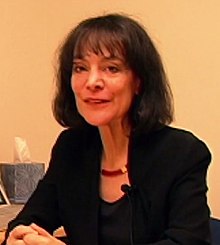
- Rochelle Gutiérrez: Rochelle Gutiérrez is a professor in the Department of Curriculum & Instruction at the University of Illinois at Urbana-Champaign. Her work focuses on issues of equity and diversity in mathematics education. She advocates for a reimagining of math education that is more inclusive and reflective of the diverse backgrounds of students.

- Celia Hoyles: Dame Celia Hoyles is a British mathematician and educator, known for her work in promoting mathematics education. She has served as the UK’s Chief Adviser for Mathematics, pushing for improvements in math teaching and learning. Hoyles’ work often centers around the use of technology to enhance math education.

These women are just a few of the many who have made significant contributions to math education. Through their research, teaching, and advocacy, they are opening doors for future generations and challenging traditional paradigms in math education. Their leadership and commitment are not only inspiring but are also instrumental in shaping a more inclusive and effective approach to math education worldwide. As we continue to evolve in how we teach and learn mathematics, the influence of these women remains a guiding force toward a more engaging and accessible understanding of math for all students.
All female mathematics teachers play a crucial role in shaping the educational landscape. Their contributions extend far beyond the classroom, influencing not just the understanding and appreciation of mathematics among students, but also challenging stereotypes and inspiring future generations. In a field traditionally dominated by men, female math teachers provide essential perspectives and role models.







